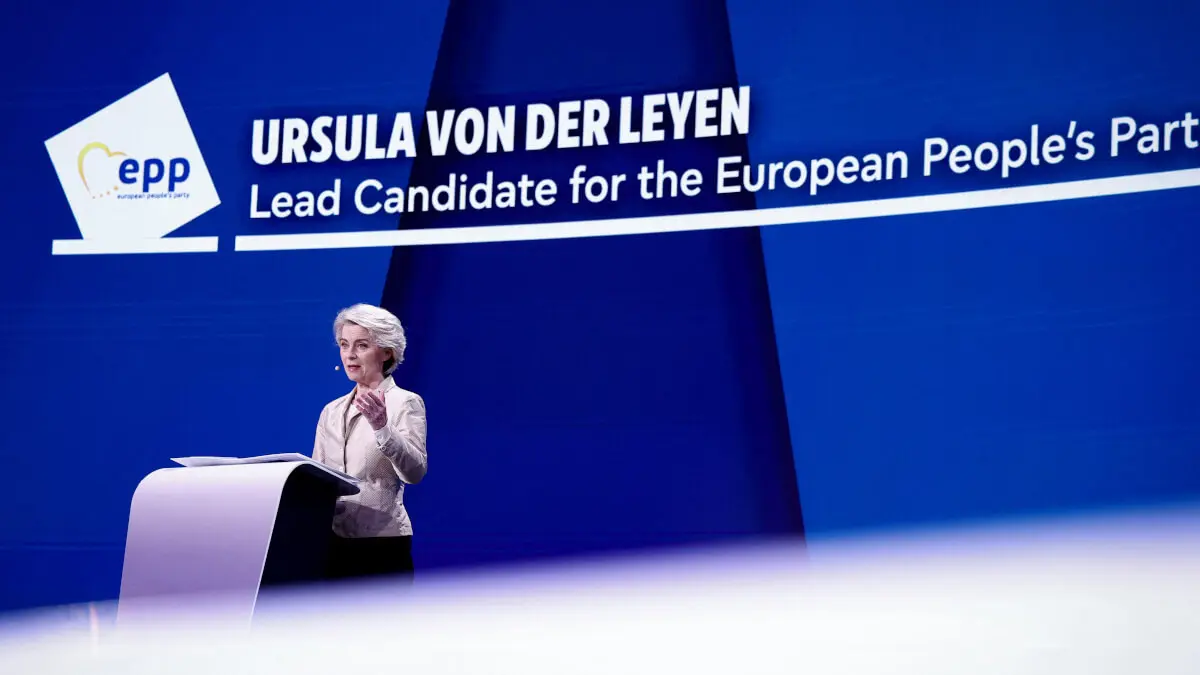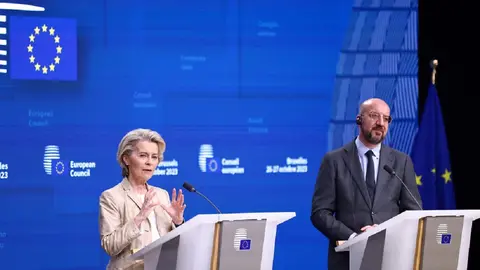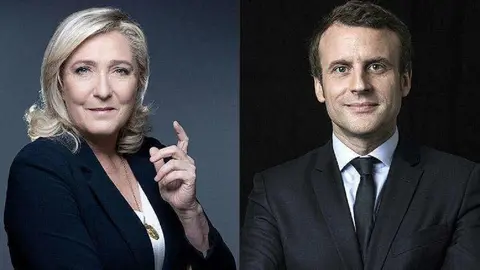Europe, the problem is geopolitical

If one looks at the period from the 9 June elections to the November US presidential election, it marks a time when major developments are in the offing. Less than a week after the European elections, a G7 summit has taken place that will serve as a benchmark for assessing how much consensus there really is among "like-minded" countries on how to respond to the panoply of economic and security risks and threats from China and Russia.
Beijing is betting that, when the time comes, it will be able to exploit the excesses of strategic naïveté that are the norm in some European capitals, e.g. Spain. It is worth underlining here that since German Chancellor Scholz went to Beijing in mid-April and Xi Jinping visited Macron in Paris in early May, the Chinese side has provided nothing to Europeans on the issues that affect them most: China's support for Moscow's war machine and the threat of cheap, subsidised technologies saturating the European market.
The EU Parliament is not the continent's most important institution, although it helps shape the EU agenda. It lacks legislative initiative, but has the power to veto, amend and is responsible for approving the EU budget, which gives it some agenda-setting authority. Members of Parliament played a key role in negotiating regulatory milestones such as AI in the EU. The Parliament also has the final say on the election of the president of the European Commission, arguably the most powerful element of the Union.
The EU, long seen as a post-national creation of liberal values, has arguably become the locus of a new era of right-wing politics in the West. The results of the EU parliamentary elections may point to a consolidated situation, as, across the continent as a whole, and especially in some of its largest states, so-called 'far-right' parties performed strongly. Nevertheless, a coalition of European centre-right parties remains the largest group in parliament and can work with the dominant centre-left, which is the strongest published trend.
The election results are a disheartening reality for the hardened "centrists" such as French President Emmanuel Macron and German Chancellor Olaf Scholz, with the SPD Social Democrats slipping to third place behind their main centre-right rivals and the far-right Alternative for Germany (AfD) party. Macron was defeated by the far-right Marine Le Pen, a punishment that led the president to dissolve the French National Assembly and schedule early parliamentary elections. His difficulties resonate across the Atlantic, with President Biden fighting a tough battle against a 'Trumpist' movement that explicitly sees itself as in alliance with the anti-immigration and 'anti-woke' parties of the European far right.
What affects Germany is transcendent because it is the European leader and the situation is more than a simple expression of discontent with an unpopular government. Millions of people chose to vote for AfD, despite urgent warnings from the establishment and despite the party being beset by shocking scandals. It is clear that a growing number of Germans see the AfD as a lesser evil for a citizenry fed up with the green agendas imposed on them by both the current coalition and the previous CDU government.
Ursula von der Leyen, the centre-right German who has served as Commission president for the past five years, is expected to seek a second term. This time, she may try to count on the backing of some far-right European leaders, specifically Italian Prime Minister Giorgia Meloni, who has worked her way from a marginal to a dominant position, something for which she is clearly seen as more relevant than any other nationalist leader in Western Europe.
Analysts see Meloni's rise as a model of how the far right can come to power. In Italy, the centre-right emptied out and its place was taken by a party that traces its origins to neo-fascism after World War II. Its success may be due to the fact that it has kept its distance from supposed fellow travellers such as Le Pen who, in turn, has rejected her hardline counterparts in the German AfD party.
The likely trend in European politics can be identified if one takes as a reference the space where these parties coincide: scepticism around climate policies and, primarily, immigration, which, along with national identity and Islam, where they converge with the centre-right. In this sense, a prevailing view in Europe is that, after the elections, the new centre of power will not be in the far right, but in the "right of the centre-right" of Von der Leyen's European People's Party, who will use the pressure exerted by Meloni and others to push their power further to the right, particularly on issues such as the environment, gender and sexuality and immigration.
It is not a question of will but of reality. The perception is that Europe is losing its relevance in a rapidly changing global context. The impression is that the continent is increasingly beholden to and beholden to US interests, reducing its autonomy and, consequently, its competitiveness. For its part, Russia is turning towards Asia and Africa, regions it sees as more promising for future cooperation and growth. The Russian-Chinese partnership exemplifies this shift and underlines a shared vision of a multipolar world order. As the global centre of gravity continues to shift towards the Indo-Pacific, the dynamics of international relations are being redefined and Europe is perceived to be in the background in these transformative processes.
Europe's future is a matter of geopolitics, not of party politics: a difficult situation.



